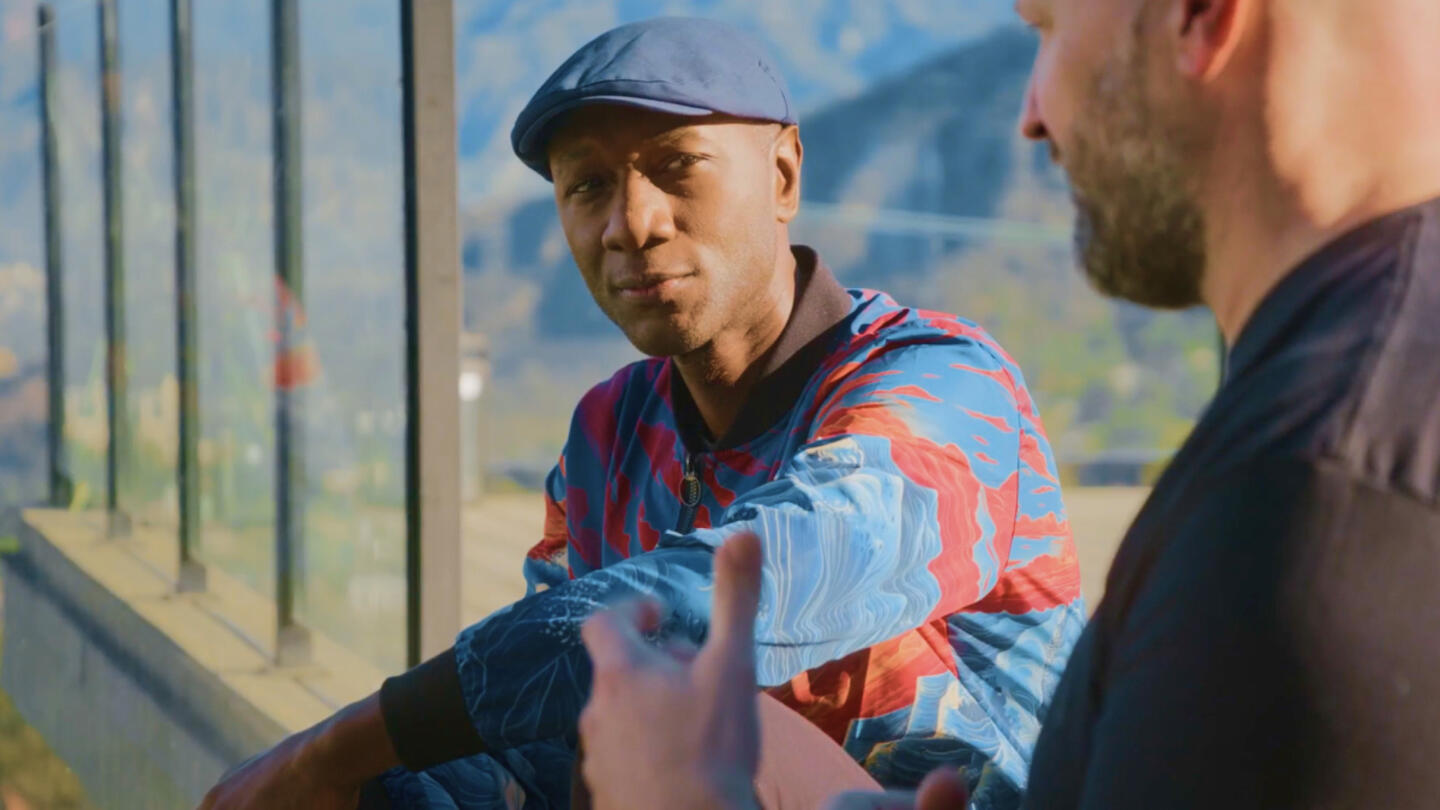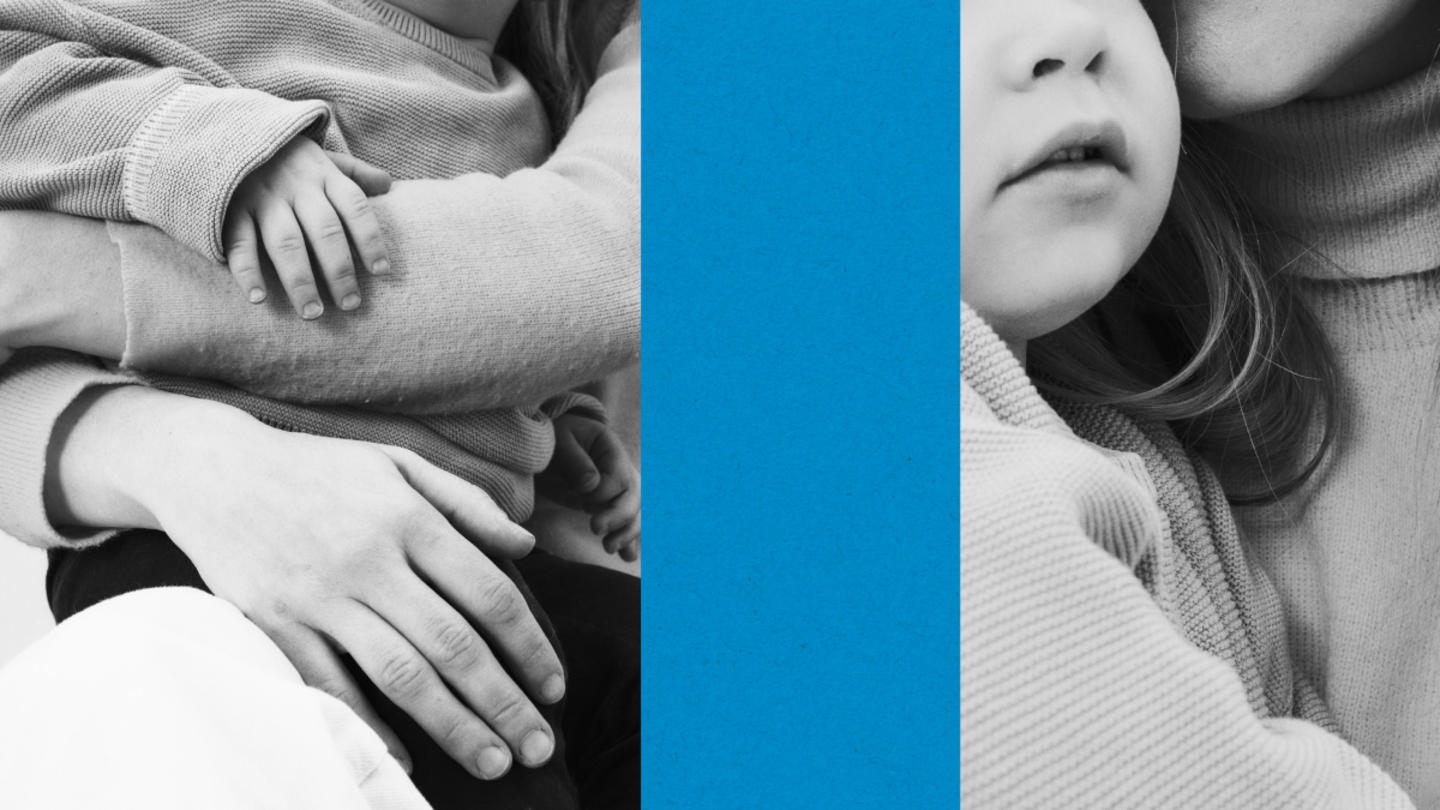Deanna Howell is the successful director of a nonprofit and a mother of three from Lincoln County, Tennessee. To see her now, you’d never guess what it took to get here.
“I always had a normal family: two parents who worked hard to provide,” said Howell. “But later on in life, there were problems.” After her sister’s death in a motorcycle accident, her family dynamics changed, as did her coping mechanisms.
“I became addicted to crystal meth and was on and off it for 18 years,” she said. “I held a job and had a home for 12 of those years, but it all caught up to me. Eventually, my two youngest children were taken by the Department of Children’s Services, and I went to jail multiple times while my eldest daughter stayed with her father.”
Howell was at her lowest when she discovered Blue Monarch, a 108-acre recovery center that houses women with their children while they work to overcome addiction, abuse, and economic hardship. At Blue Monarch, she had the opportunity to rebuild her family, but she would need to start with rebuilding herself.
But Howell had already taken part in rehab elsewhere and relapsed. Why would this place be any different?
Blue Monarch’s founder, Susan Binkley, knew it would. “A big thing that we do is teach women how to parent sober for the first time while also focusing on the child’s recovery just as much as the mom’s,” she said. “We have a very holistic approach; we don’t just try to get people sober. We want the women that come here to find complete freedom from their addiction.”
Blue Monarch specifically works with women who have lost custody of their children, or whose relationships with their children have suffered due to their addiction and incarceration. It serves as a safe space for up to three years, teaching them valuable life and parenting skills that will give them the confidence to reenter society and reunite with their children.
Family reunification can be the difference in many children’s lives that keeps them from being impacted by the high incarceration rates, high risk of sex trafficking, and potential for homelessness many of them face when they are placed in foster care.
But time was ticking.
A very different kind of rehabilitation
“I was out of jail for about a month and wasn’t doing well. I was back at all the same places with the same people because I hated myself so much,” said Howell. “I called Blue Monarch, and they put me on a waiting list as there were no beds. I explained that I wouldn't make it if I didn’t come then. They made an exception and had me share a room with another girl until a single room opened up.”
Blue Monarch is a long-term facility — no one is asked to leave prematurely. Traditional facilities offer 30-, 60-, or 90-day cycles, which isn’t enough time for everyone.
The nonprofit also examines the root cause of addiction, healing the pain that started it all instead of just treating the addictive behavior. “We could have 10 women walk through our door, and each of them will have a different reason for taking drugs,” said Binkley. “We like to focus on what caused them to start using drugs in the first place.”
Howell entered the program — which features on-site counseling, hands-on parenting coaching, and daily spiritual development — in 2016. The organization offers a dedicated children’s program that allows participation in school activities that some families may not be able to afford, including educational outings, school resources and materials, cooking and nutritional projects, and recreational activities.
“We don’t rely on government funding or insurance,” explained Binkley. “We can operate exactly as we see fit. That has been a benefit because we can have a good idea at 10 a.m. and be doing it by 3 p.m. We just do what works.”
Howell, who had tried a 60-day rehab program but relapsed shortly after her father’s passing, stressed how differently Blue Monarch operates. “It’s not one area of your life that’s affected by drugs and alcohol. Every single area is. You have to completely transform and change everything about your life, whether it’s your responsibilities at home, time-management skills, anger management, or boundaries. All of these things are not included in other facilities. Here, you’re given the tools, and you put them into practice on a day-to-day basis.”
It’s not just the parents who are at risk from addiction. Children of parents with substance use disorder have an increased risk of developing the disorder themselves. Blue Monarch ends this cycle of trauma by supporting both mother and child, making sure they have the space to grow, thrive, and address generational pain.
“Another huge piece is the relationship with God,” Howell continued. “We come in so broken, it’s hard to find a word strong enough to describe how much we hate ourselves. We run from that and do drugs to numb that. To have people love and believe in you and have them help you believe in yourself … They let you borrow their strength until you can find your own.”
From her lowest point to one of her highest — how she did it
Just like her entrance into Blue Monarch was out of the norm, Howell’s stay at the facility was very different from others because her children didn’t accompany her. It was a situation that broke her heart but also gave her the strength to pick herself back up.
“I cried out one day when we were praying,” remembered Howell. “I said, ‘Even if I never get my kids back, I will serve God for the rest of my life.’ I wasn’t working towards a selfish goal. I was working towards what was best for them. That’s when I started to grab hold of what was being taught.”
Howell was in Blue Monarch’s residential program for 16 months and then in the transitional program for 11 months — all without her three children. She kept herself busy working at the on-site granola business. She even earned a bachelor’s degree in management and human relations.
Binkley noted this drive and ambition. She offered Howell a paid position on staff, and Howell was successful, eventually moving up to supervisor, which turned into part-time management. If that wasn’t enough, she also picked up a second part-time role as executive assistant of Blue Monarch.
Sign up for the Strong & Safe Communities newsletter for stories, ideas, and advice from changemakers working with their neighbors to address the biggest problems we face.
It’s not unusual for residents to be hired part time during their stay at the nonprofit, especially when they still need time to focus on their recovery. After all, who else could better understand the community’s needs but its residents?
Howell’s driving force was always her children. “Coming to Blue Monarch without my eldest daughter, because she was over the age limit that was allowed, was one of the hardest decisions that I’ve ever had to make,” she said. “But I knew that if I didn't take that time and get things right, I would end up losing her altogether. Taking the time to fix myself and become the mother she deserves made that sacrifice worth it.”
The rewards from her sacrifice were indeed worth it. She eventually made it onto the leadership team. In 2023, just six years after she started as a resident, Howell became executive director of Blue Monarch, overseeing the complex daily operations of the facility.
“I felt like an adult in kid’s clothing,” said Howell of her high-level promotion. “I did not feel ready for such a huge undertaking, but it was a reminder that the Lord has a purpose for me.”
Family comes first
Despite her achievements, Howell didn’t feel complete without her family. Through it all, she continued to fight for her children. It often seemed like the courts — and the world — were against her. “Every person we talked to said there was no hope of getting my kids back,” she said. “One day, I printed pictures of my children out, and I put them on Susan’s desk, and said, ‘This is who we’re fighting for.’”
Seeing the faces of Howell’s children was a game changer for Binkley. At that moment, Binkley realized that fighting for them was the only option. “We were told by so many people that we could not do this,” she said. “I will never believe that again.”
Binkley knew what it meant to Howell, so when she met an attorney at a charity banquet in 2017, she shared Howell’s story. The attorney was inspired and offered to take the case, while a generous donor paid Howell’s legal fees.
It took a year before Howell was granted visits with her youngest daughter. But after four years of court battles, she regained custody of her in 2021. A year later, she was also reunited with her son. Though her oldest daughter was already 18, their relationship was strong. The battle was finally over, and her family was reunited.
“My family dynamic is so much more than I could hope, dream, or imagine,” said Howell. “I can honestly say that I have a deep-rooted connection with all of my kids. They trust me, they rely on me, and they respect me. They see the hard work I put into change for them, and it’s changed the way they handle difficulties. There’s nothing better in this world than my relationship with them.”
The future of rehabilitation
Addiction isn’t disappearing in America. Blue Monarch is responding.
“We’re building a 24,000-square-foot multipurpose building right now, and we’re going to move all of our operations into that structure, which will free up one of the residential homes so we can serve more families,” said Binkley. “Other organizations from all around the country and even Canada have reached out to us wanting to know how we operate. We want to have workshops in this space to share our experiences and knowledge from 21 years of operating.”
By believing in residents, Blue Monarch offers a healing experience for the entire family unit. Binkley and Howell hope every person who walks through the organization’s doors sees their own potential the way they can see it.
Howell’s story proves that second chances pay off and that hard, steady work can lead to good things. “We should never take no for an answer,” she said. “Through God, all things are possible.”
***
Blue Monarch is supported by the Stand Together Foundation, which partners with the nation’s most transformative nonprofits to break the cycle of poverty.
Learn more about Stand Together’s efforts to build strong and safe communities and explore ways you can partner with us.

At this ‘resort,’ children with intellectual disabilities are seen as gifts to be celebrated and loved.

Veterans experience loss when leaving service. Could this be key to understanding their mental health?

The Grammy-nominated artist is highlighting the stories we don’t get to hear every day.

With his latest project, Blacc isn’t just amplifying stories — he’s stepping into them
